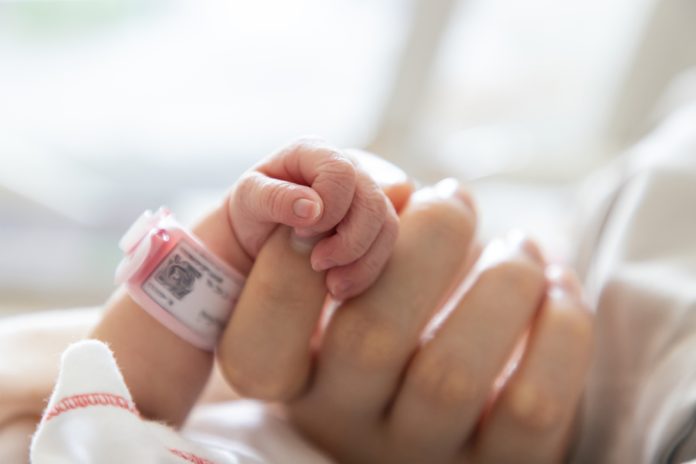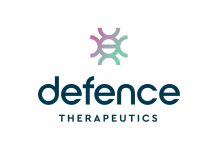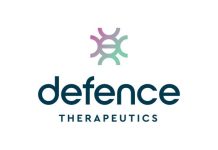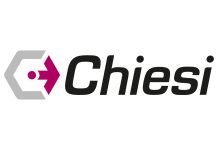
Oak Hill Bio and Chiesi Group have launched a groundbreaking study of a revolutionary bronchopulmonary dysplasia treatment for extremely premature infants.
Oak Hill Bio, a company specialising in treatments for neonatology and rare diseases, and Chiesi Group, an international biopharmaceutical firm, have announced the enrolment of the first European patient in their Phase 2b clinical study for OHB-607, a drug aimed at preventing bronchopulmonary dysplasia (BPD) in extremely premature infants.
This marks a significant step in the effort to develop a bronchopulmonary dysplasia treatment, a serious lung condition currently lacking approved therapies, and could bring about the first major respiratory therapeutic breakthrough for extremely preterm infants in over thirty years.
Victoria Niklas, Chief Medical Officer at Oak Hill Bio, shared her excitement: “As a neonatologist, I am thrilled that we have restarted this groundbreaking clinical trial. OHB-607 has the potential to improve outcomes for infants born extremely prematurely. At Oak Hill Bio, we are committed to advancing neonatology and delivering the best possible care and outcomes to infants, together with our partners at Chiesi.”
Diego Ardigò, Executive Vice President of Global Research & Development at Chiesi Group, emphasised the importance of this collaboration: “The restart of this study marks a significant step forward, highlighting our shared commitment to finding solutions for extremely premature infants, now including patients from Europe. Addressing the medical needs of these infants is not just scientific inquiry; it is a moral imperative to safeguard their well-being.”
Understanding BPD
Bronchopulmonary dysplasia is the most common complication of prematurity, affecting 40-50% of infants born before 28 weeks of gestation. It leads to chronic lung disease and can result in long-term health issues, including increased mortality, hospitalisation, and neurodevelopmental disabilities. OHB-607 has the potential to foster lung development and reduce these risks.
Details of the Phase 2b clinical study
The Phase 2b study is a multicentre, randomised, open-label trial designed to assess the efficacy and safety of OHB-607 compared to standard neonatal care. It aims to enrol at least 105 infants across Europe, including Finland, Germany, Ireland, Italy, Netherlands, Portugal, Spain, and the UK.
The remaining infants will be enrolled from North America and Japan, resulting in a total of at least 338 participants in this global study. OHB-607 will be administered by continuous intravenous infusion from 24 hours after birth until 30 weeks postmenstrual age, alongside standard neonatal care.
The primary goal of the study is to reduce the incidence of severe BPD or death by 36 weeks postmenstrual age. The study will also look at longer-term outcomes, such as the need for respiratory support up to 12 months corrected age, neurodevelopment, and other complications of prematurity like brain bleeding and vision impairment.
Mechanism of OHB-607
OHB-607 is a recombinant form of human insulin-like growth factor-1 (IGF-1) complexed with its main binding protein. IGF-1 is crucial for the growth and development of vital organs, including the lungs, eyes, and brain. Infants born before 28 weeks of gestation often have low levels of IGF-1, which can lead to underdeveloped organs. By restoring IGF-1 levels to those found in full-term pregnancies, OHB-607 aims to support normal organ development.
For additional information and to learn more about the trial registration, please visit https://clinicaltrials.gov/study/NCT03253263.









